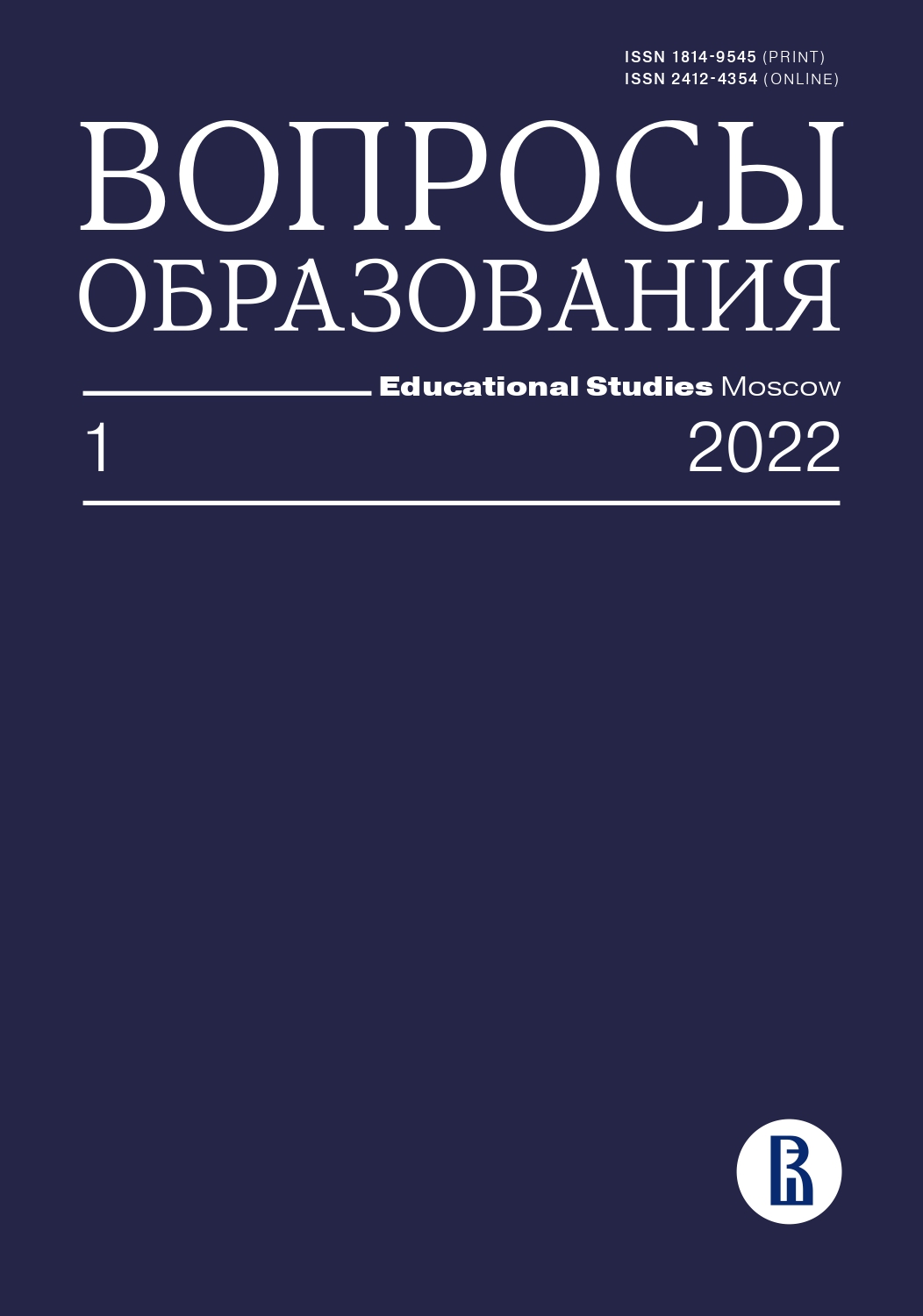Стратегии работы с цифровым текстом для решения учебных читательских задач: Исследование методом вербальных протоколов
Аннотация
Для успешной жизни и эффективного обучения в информационно насыщенном цифровом обществе необходимо уметь отбирать и интерпретировать цифровые тексты разных жанров, выбирать оптимальный способ взаимодействия с этими текстами, извлекать из них информацию и оценивать ее. Современные исследователи образования включают в структуру читательской грамотности умение работать с цифровыми текстами; в их работах смоделированы успешные результаты взаимодействия с цифровыми текстами. Однако важным и актуальным для системы образования остается вопрос о том, как прийти к этим результатам. Какие стратегии позволяют эффективно взаимодействовать с цифровыми текстами? Как обучать современных школьников этим стратегиям?
Проведено исследование с целью выявления и классификации метакогнитивных стратегий, которые применяют при решении учебных задач на основе цифрового текста компетентные русскоязычные учащиеся основной школы. Исследование основано на анализе вербальных протоколов, полученных методом «мысли вслух», и на данных онлайн-наблюдения за действиями читателей на экране. Описаны и проанализированы семь групп стратегий цифрового чтения. Результаты исследования вносят вклад в фундаментальные знания о процессах, лежащих в основе эффективного цифрового чтения, и, следовательно, в развитие представлений об обучении и оценке читательской грамотности в цифровую эпоху.








